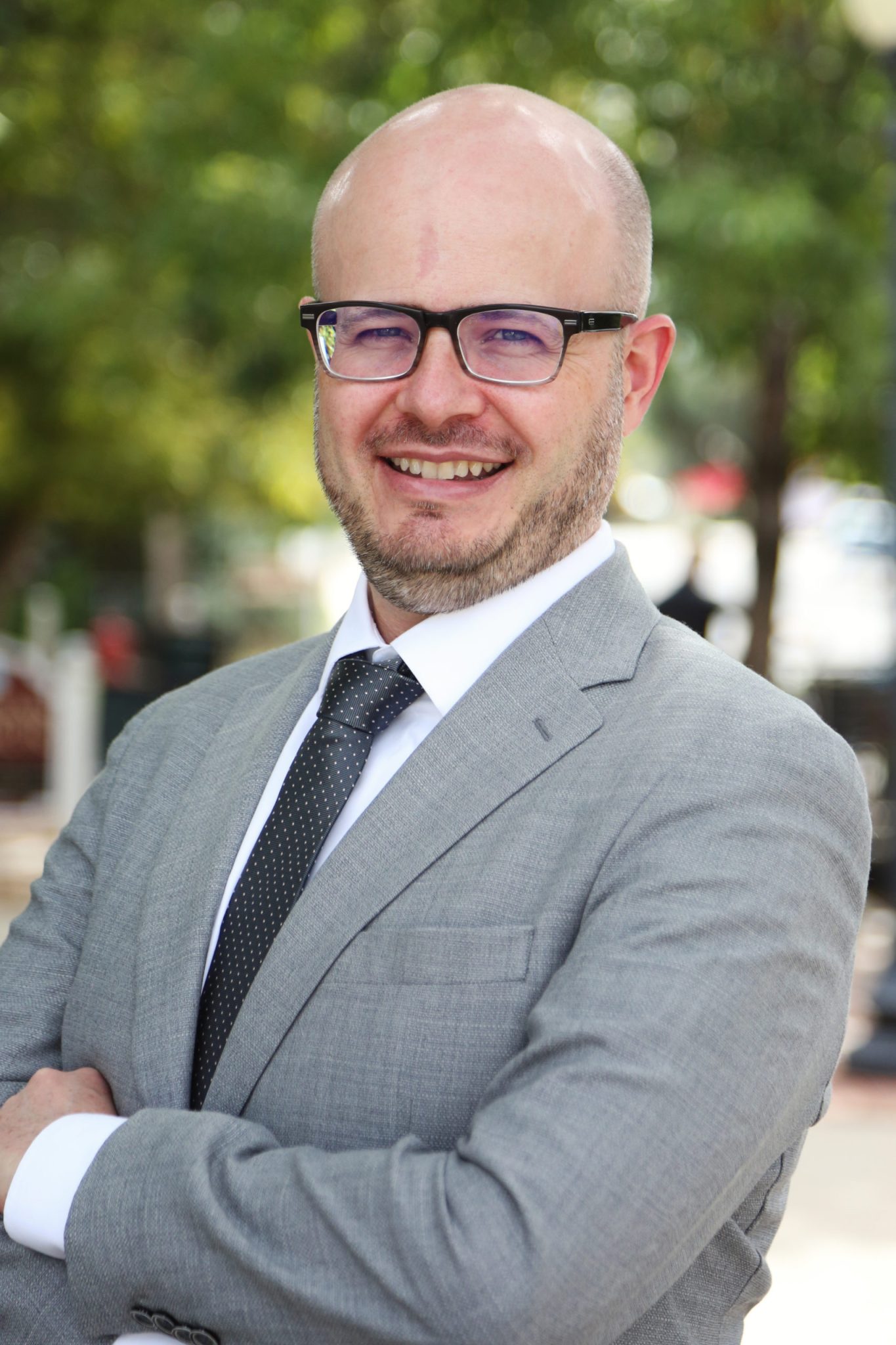But where can fintech employers find these talented professionals? You might assume they’re highly concentrated on the East and West coasts, in traditional finance and technology hubs like Wall Street and Silicon Valley.
But actually, that’s not the case. The truth is, you’ll find just as much fintech talent – and quite possibly more – in smaller cities in the middle of the country.
That’s the major finding from our recently completed virtual recruitment event specifically designed for the fintech sector.
Starting in mid-March, One America Works identified and communicated directly with hundreds of talented financial technology professionals in more than 90 cities and regions across the country. OAW then arranged formal introductions between these skilled professionals and potential fintech employers. The event, which lasted 6 weeks, was focused on 100% remote positions.
From the 90-plus cities and regions where we found remote fintech workers, we analyzed the 20 locations with the largest talent concentrations. While the biggest metro areas on the East and West coasts were strongly represented, as one would expect, our analysis actually found a greater number of fintech workers living in other parts of the country.

Mapping the talent hotspots further demonstrated the decentralized nature of America’s fintech workforce. To be sure: The network of fintech talent has major hubs in historical finance and tech capitals like New York, Boston and the San Francisco Bay Area. But there are also critically important nodes, in smaller cities with a more affordable cost of living, where talented fintech professionals are ready for recruitment – especially for firms that offer flexible remote work options.

For example, according to global real estate firm Jones Lang LaSalle, more than half of hiring in the U.S. finance sector in 2021 took place in “more affordable growth markets,” including some of the cities and regions where OAW found promising concentrations of fintech workers.
JLL’s report on this trend, published in mid-May, found:
Prior to the start of the pandemic, banks were beginning to expand in secondary markets to tap into new talent pools and save on real estate costs. Salt Lake City and Charlotte were early beneficiaries of this growth, but more emerging markets are capturing this growth than ever before. Ten markets, all with fewer than 400,000 financial services employees each, accounted for 51 percent of employment growth in the sector across the U.S. in 2021. This compares to just 1.1 percent growth in New York, where 770,000 financial services jobs exist.
Moreover, this trend towards a decentralized workforce isn’t going away, according to JLL:
As banking institutions consider their options to overcome hiring and cost challenges, location selection will be key. Talent has more choices in terms of location, quality of life, work-life balance and earning power, and employers will need to meet these challenges as they manage talent strategies for the next several years. The world is moving toward a hybrid work model and the expectation among employees is that they will have flexibility.
This finding was no surprise to the team at OAW, of course. Our nonprofit was founded before the COVID-19 pandemic to build momentum behind what was, at the time, an emerging trend of decentralization in the tech sector and its workforce. That trend dramatically accelerated during the pandemic across many sectors, not just tech, compressing a decade or more of change into just a couple of years.
This is why OAW started organizing virtual recruiting events, like the one recently completed for professionals seeking remote fintech positions. And it’s why we will keep organizing these events, along with many other initiatives, to help technology firms and technology professionals navigate this new world of work.
Because when high-growth companies expand into new communities in America’s heartland, through physical locations, remote hires or a combination of the two, something incredible happens: Those companies become more competitive, local talent creates new innovations, and local economies prosper.

Simon Lomax
Research Fellow



